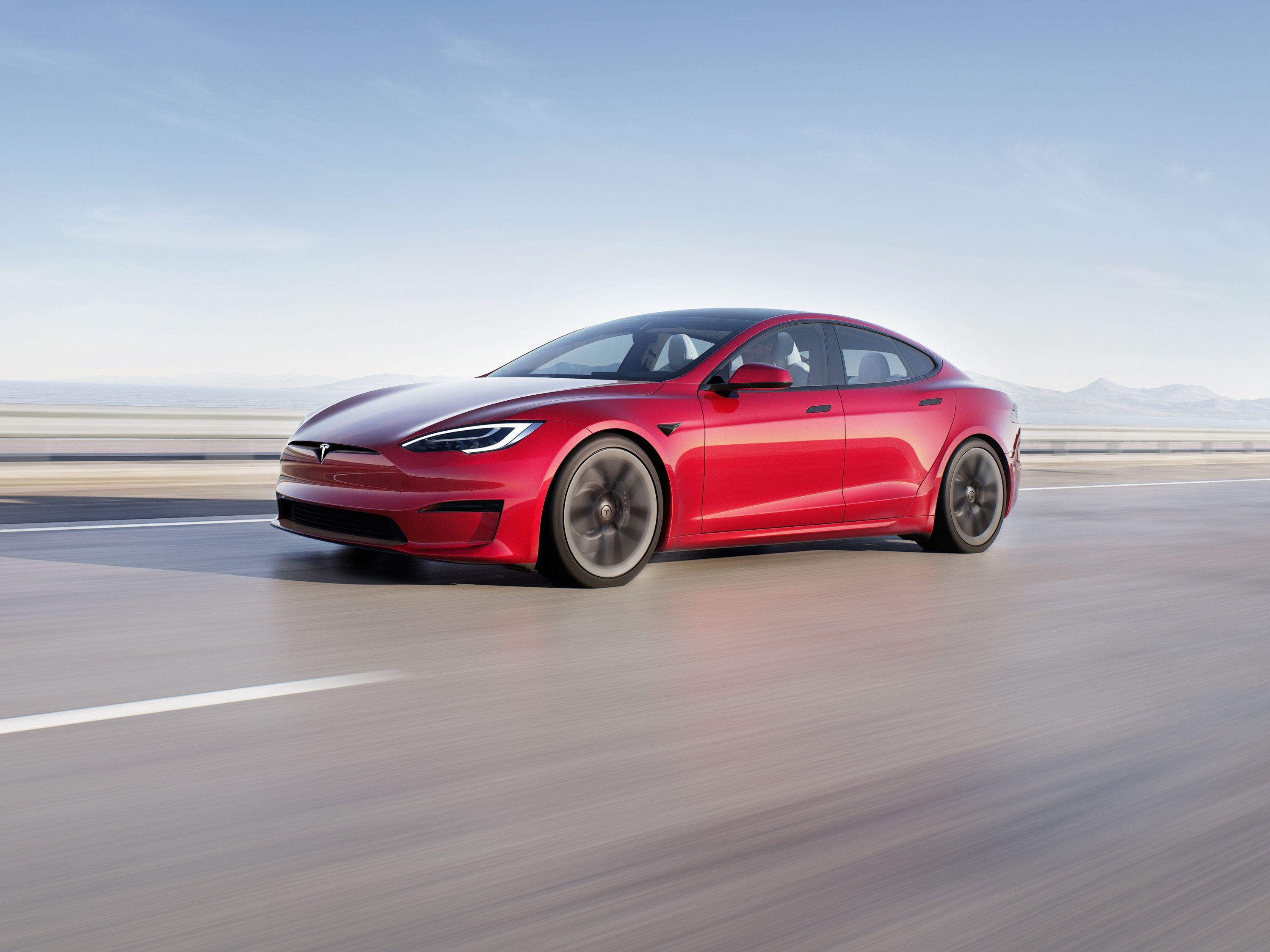
The Tesla steering yoke saga has taken another dramatic turn as what once was the only steering option on the Model S and Model X has now become a $250 option as of this week. It's another interesting move by the company that has experienced almost nothing but scrutiny since announcing the steering wheel switch in 2021.
These past few months have been a whirlwind of rolling back the controversial yoke decision.
In early January, Tesla updated its configurator to allow a buyer to replace the yoke with a normal steering wheel as a no-cost option. Soon after, the company started offering owners the ability to retrofit their cars with a normal steering wheel for $700.
This sold out almost immediately, and now with the yoke becoming a paid option, one has to wonder if the whole yoke escapade was just a cash grab from the beginning.
A yoke steering wheel, in theory, could make sense in production car applications but only if used in tandem with a steer-by-wire system. Tesla's application has the yoke connected to the steering column just like a regular wheel, meaning in day-to-day driving it's treated just like a normal steering wheel.
This highlights the design's glaring flaws as soon as a sharp turn or U-turn is required and creates a frustrating learning curve that hasn't existed with a new car for a long time.
Not to mention, the yokes were terribly built, falling apart in the owner's hands after only a short period of time in use. This is due to the 'vegan' leather the company uses being more susceptible to degradation from common things like hand sanitizer and lotion.
To Tesla's credit, the company has reportedly been replacing the wheels at no cost to the owners, and it's also working on an improved design that will release this summer, but it's only adding gas to the fire.
The worst part of all this is amidst all the Tesla yoke chaos, Lexus quietly unveiled an improved version of the yoke on its new, all-electric RZ SUV. Available as an option, the system successfully utilizes the steer-by-wire system. The system doesn't use a physical connection between the steering wheel and wheels and instead sends an electric signal to relay inputs instantaneously.
This allows the car to optimize the steering ratio depending on the car's speed, making it so the driver never needs to cross their arms while driving and alleviating many of the design's flaws.
The system is pretty complex and has cost Lexus a ton of money to figure out. This is most likely why Tesla didn't implement it, but that's barely an excuse. Tesla going to these lengths to roll back the wheel is an admission that it misread the room.
Consumers have resoundingly rebuked the design, and nothing but a serious rework will probably change their minds. There are rumors Tesla is working on a steer-by-wire system that could alleviate many of the issues, but for the time being especially with the extra cost, we think the current yoke is a hard pass.
